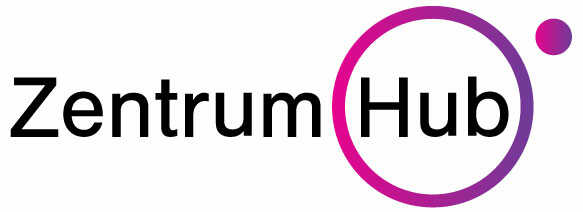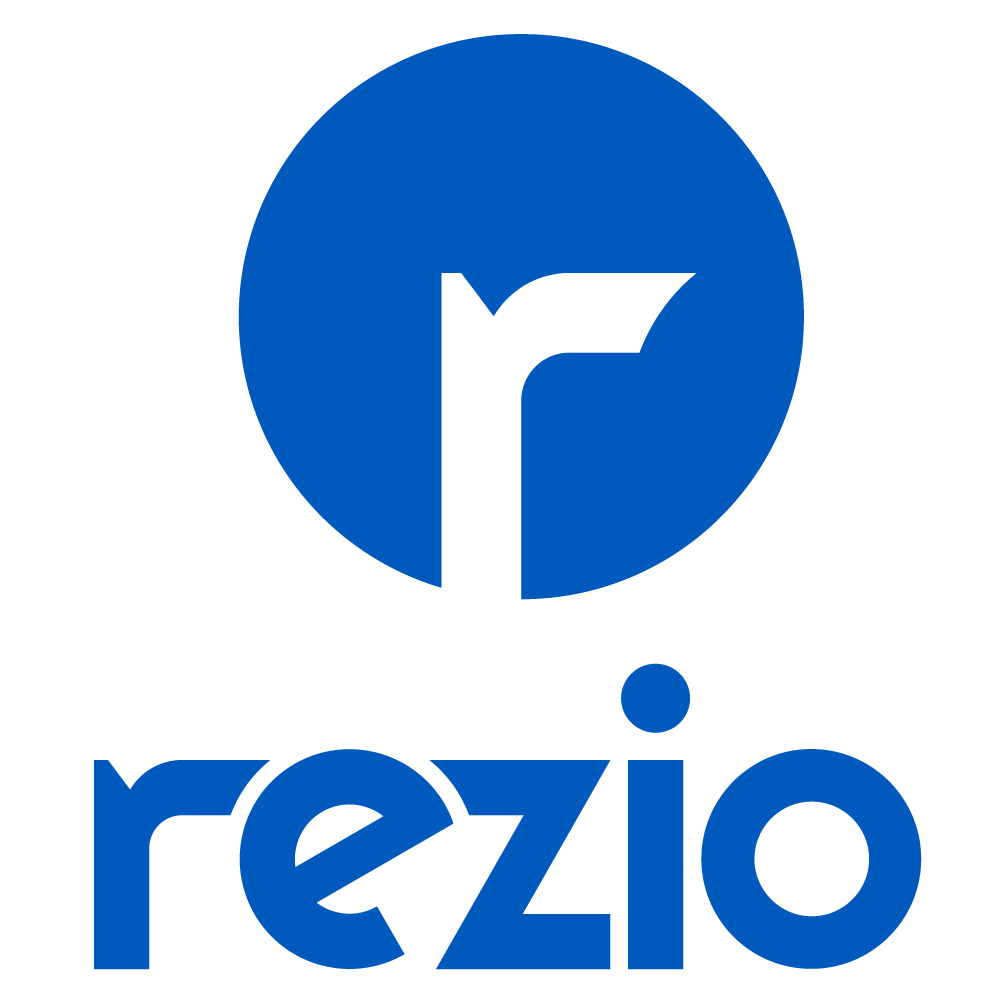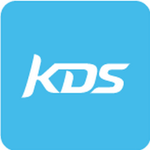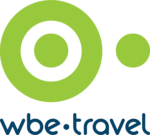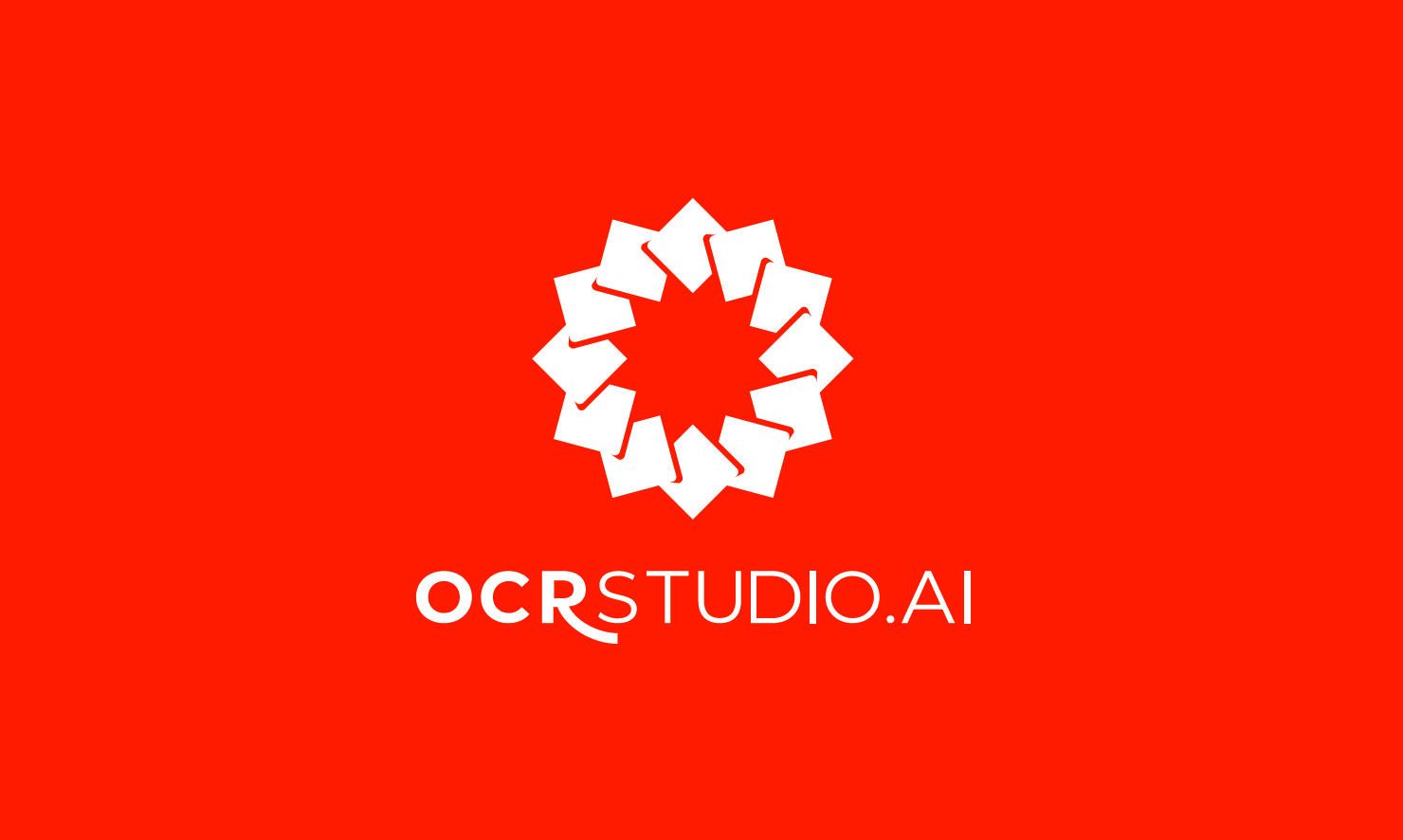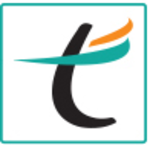What Is Travel Management Software?
Travel management software is a strong and indispensable tool for organizations of all kinds looking to streamline and optimize their travel operations. This new software solution is intended to simplify the difficulties of business travel management, from booking flights and hotels to tracking spending and assuring policy compliance.
At its core, travel management software is a centralized platform that consolidates several travel-related duties and processes into a unified system. The software is often cloud-based, providing for convenient access from any location and on any device. It also provides a variety of features and functionalities tailored to the specific needs of corporate travel, allowing organizations to save time, money, and resources while improving their entire travel experience.
One of the primary advantages of travel management software is the ability to streamline the booking process. The program provides a variety of travel options, allowing businesses to easily compare and book flights, hotels, car rentals, and other travel services while staying within budget and in accordance with company standards. Furthermore, travel management software provides extensive reporting and analytics, giving users significant insights into travel spending, patterns, and trends.
This data can help firms negotiate better agreements with travel suppliers and adjust their travel practices to save money. Furthermore, travel management software provides robust travel policy controls, ensuring that employees follow corporate requirements and minimize overpaying. This tool assists firms in maintaining transparency, reducing travel-related risks, and ensuring compliance with corporate standards. Other significant advantages of travel management software include simple spending monitoring and reimbursement, itinerary management, real-time notifications and updates, and mobile apps for on-the-go travel management.
What Are The Recent Trends In Travel Management Software?
Over the years, the travel industry has experienced a dramatic movement toward the use of technology to manage travel plans. This has resulted in the creation of advanced travel management software, which is intended to expedite and improve the process of managing travel.
Let's explore, we'll go over the most recent advancements in travel management software, allowing you to make an informed decision when adopting this technology for your organization.
1. Automation Snd Integration: One of the most significant advances in travel management software is the incorporation of automation. Automation allows for the speedy and accurate completion of operations such as booking flights, hotels, and rental cars. This not only saves time, but it also decreases the possibility of errors and makes it easier to track trip expenses. Furthermore, many travel management software packages also include interaction with other platforms, such as cost management or CRM systems, making it easier to handle all elements of travel in one location.
2. Mobile Optimization: As more corporate travelers use smartphones and tablets, travel management software has grown more mobile-friendly. This trend enables users to view their travel itinerary, book and manage trips, and submit expense reports all from their mobile devices. This not only simplifies the process for the user, but also ensures that travel arrangements may be managed while on the road.
3. Personalization: As the travel market gets increasingly competitive, travel management software suppliers seek to differentiate their solutions. Personalization has emerged as a prominent industry trend, with the goal of adapting travel ideas and itineraries to travelers' specific requirements and interests. This trend is driven by the use of artificial intelligence and machine learning, which evaluate user data to provide more accurate travel recommendations.
4. Data Analytics: Data analytics is becoming increasingly significant in the field of travel management. Travel management software packages increasingly include extensive reporting and analytics features, allowing organizations to obtain important insights into their travel spending and patterns. This information can help uncover cost-saving opportunities and improve the overall efficiency of travel planning and management.
5. Sustainability: As businesses become more ecologically aware, sustainability has become an important factor in travel management. Many travel management software packages now include features that encourage sustainable travel, such as carbon footprint tracking and recommendations for environmentally friendly lodging and transit options.
Benefits Of Using Travel Management Software
Using travel management software can provide numerous benefits to businesses and organizations looking to streamline their travel processes. This technology has become a crucial tool for managing corporate travel, offering both cost savings and enhanced efficiency.
Here are some major advantages of utilizing travel management software:
1. Centralized Booking Platform: Travel management software enables employees to book all of their travel reservations from a single platform. This eliminates the need for various travel websites and manual coordination, resulting in a smoother and more efficient booking experience.
2. Cost Savings: One of the primary benefits of adopting travel management software is the possibility of cost savings. Businesses can save up to 30% on travel expenses because to features like negotiated rates, automated expense tracking, and policy enforcement. Furthermore, these software frequently has reporting capabilities that enable businesses to find areas for cost-cutting.
3. Increased Visibility And Control: Using travel management software allows firms to get more visibility and control over their travel spending. This includes real-time tracking of employee travel, budget monitoring, and detailed travel spending reports. This not only helps firms keep within their travel budgets, but also allows them to make data-driven decisions about their travel policy.
4. Improved Compliance: Any corporation must adhere to company standards and government requirements, and travel management software can help significantly with this. Businesses can limit the risk of overspending while still adhering to company and industry standards by implementing automated policy enforcement and expense tracking.
5. Time And Resource Savings: Handling travel manually can be time-consuming and tedious. Travel management software saves employees time by automating activities like booking, expenditure monitoring, and reporting, allowing them to focus on more important tasks. It also lightens the load on administrative workers, allowing them to undertake more important tasks.
6. Improved Traveler Experience: With travel management software, employees can enjoy a more seamless and easy travel experience. The unified booking platform, 24-hour support, and bespoke itineraries make business travels easier and less stressful for travellers.
Important Factors To Consider While Purchasing Travel Management Software?
When choosing travel management software, there are several critical considerations. From reducing operations to increasing productivity, the appropriate software may significantly improve any organization's travel management.
1. Cost: The cost of the program is an essential consideration. It is critical to compare the cost to the software's capabilities and benefits. Request pricing information from multiple providers to compare and determine the greatest deal for your budget.
2. User-Friendly Interface: The software's interface should be intuitive and easy to use. Employees should be able to use it efficiently with minimum training. A confusing interface can cause annoyance and poor productivity.
3. Features & Functionality: Different travel management software will provide a variety of features and functionalities. It is critical to define your organization's specific requirements and select software that satisfies them. Some popular features to check for are booking and itinerary management, spending tracking, and reporting.
4. Integration With Other Systems: Travel management software should be readily integrated with other existing systems, such as accounting or human resources software. This integration can help to streamline procedures by eliminating the need for duplicate data entry.
5. Mobile Compatibility: In today's fast-paced world, mobile-friendly travel management software is important. This enables staff to access it from their smartphones or tablets while on the go, maintaining constant connectivity and access to critical information.
6. Customer Support: When selecting travel management software, it is critical to have dependable customer assistance in the event of any technical problems or inquiries. Look for software that includes a dedicated support team and dependable customer care channels.
7. Security: Security is of the utmost importance because the software contains sensitive travel and financial information. Ensure that the program includes strong security measures such as encryption and secure data storage.
8. Scalability: Your organization's travel management requirements will increase as it grows. It is critical to choose software that can handle future development and expansion, both in terms of functionality and pricing.
9. User Reviews And References: Take the time to study customer evaluations and request references from the software vendor. This can provide vital information about the software's advantages and disadvantages, as well as its general performance in real-world scenarios.
What Are The Key Features To Look For In Travel Management Software?
When it comes to handling business travel, having the appropriate software may make a huge difference. A competent travel management software can streamline the entire process of booking flights and hotels, tracking spending, and managing itineraries, saving your firm important time and resources. However, with so many alternatives available on the market, it can be difficult to determine which features to emphasize.
To help you make an informed decision, below are the important features to look for in travel management software.
1. Booking And Reservation Management: The primary purpose of any travel management software is to handle bookings and reservations. Look for a system that allows you to book flights, hotels, and rental vehicles with ease and efficiency. Some complex software also integrates with other booking systems, giving users more alternatives and competitive pricing.
2. Expense Tracking And Reporting: Monitoring travel expenses is critical for planning and cost control. A effective travel management software should enable employees to enter and track spending while on the road, as well as provide detailed expense reports rapidly. This tool can help organizations detect overspending and negotiate better bargains with travel vendors.
3. Mobile Compatibility: In today's fast-paced environment, the majority of business travelers use their smartphones to manage their travel plans. Make sure the software you chose has a user-friendly mobile app that allows you to perform all of the main operations, such as booking, reservations, and spending tracking, while on the road.
4. Configurable Approval Workflows: To retain control and visibility over employee travel spending, a travel management software must include configurable approval workflows. This feature allows for varying levels of clearance based on the travel budget and destination, assuring compliance and cost-effective travel.
5. Integration With Accounting Systems: A decent travel management software should work easily with your company's accounting systems, such as Quickbooks or SAP. This interface can simplify the cost management process by eliminating the need for manual data entry and lowering the risk of human mistake.
6. Travel Policy Enforcement: To guarantee that your company's travel policy is followed, search for travel management software that enforces policy guidelines. This tool can prevent employees from making unlawful arrangements or overpaying, so keeping travel expenses under control.
7. Real-Time Alerts And Notifications: Travel arrangements sometimes alter unexpectedly, so it's critical to be informed. Look for software that provides real-time warnings and updates about flight delays or cancellations, hotel booking modifications, and other interruptions. This tool might help travelers change their arrangements and avoid any difficulties.
8. Detailed Reporting And Analytics: Data is critical for decision-making in every firm. A comprehensive travel management software should generate detailed data and analytics on employee travel trends, expenses, and compliance. This function can help you uncover cost-cutting opportunities and negotiate better agreements with providers.
9. 24/7 Assistance: Travel emergencies can occur at any time, and a good travel management software should provide 24-hour customer assistance to help handle any issues as swiftly as possible. Choose a software provider with dependable customer care to ensure that your employees have a smooth travel experience.
Why Do Businesses Need Travel Management Software?
As organizations develop globally and corporate travel becomes more common, efficient travel management has become increasingly important. Here is where travel management software comes in handy. Travel management software offers firms a full platform for managing and streamlining all areas of corporate travel, including booking, itineraries, spending, and reporting.
It automates and streamlines numerous time-consuming tasks, allowing firms to concentrate on more vital matters. One of the primary reasons that businesses want travel management software is to save time and boost productivity. Companies can use this software to book flights, hotels, and car rentals all in one spot, saving them from spending hours perusing several websites and dealing with multiple reservations.
This not only saves time, but also lowers the possibility of errors and confusion. Furthermore, travel management software saves organizations money by giving them access to negotiated corporate rates and identifying prospects for low-cost travel solutions. It also improves budget management by enabling real-time visibility and tracking of expenses.
This not only helps businesses stay within budget, but also allows them to discover areas where cost-cutting initiatives might be adopted. Travel management software not only saves time and money, but it also improves employees' overall travel experiences. It offers a user-friendly interface for booking and managing travel reservations, making the process easier and more efficient.
It also includes automatic schedule updates, mobile accessibility, and 24/7 customer assistance, ensuring that employees have a smooth and comfortable travel experience. Furthermore, travel management software is critical for assuring compliance with the company's travel policy. It enables organizations to establish rules and restrictions for their employees, such as preferred airlines and hotels, travel budgets, and approval procedures. This not only aids in enforcing travel policies, but also gives data for studying travel patterns and identifying areas for improvement.
How Much Time Is Required To Implement Travel Management Software?
The implementation time for travel management software varies based on the product and your organization's size. The installation procedure can take anything between two weeks and six months. The first step in deploying travel management software is gathering all relevant information regarding your company's travel policy, preferred vendors, and personnel data.
This stage can take anything from a few days to a few weeks, depending on how well your data management system works. Once the information has been acquired, the software must be tailored to your organization's specific requirements and standards. This could take another few days or weeks, depending on the complexity of your policies and the level of customization necessary.
After customisation, the program must be tested to ensure that it functions properly and meets your company's requirements. This testing step can take several weeks or months because any issues or defects discovered must be addressed and remedied. Finally, once the program has been tested and authorized, it will be deployed to your staff. This process can take anything from a few days to a few weeks, depending on the number of employees and available training resources.
What Is The Level Of Customization Available In Travel Management Software?
Travel management software provides a wide range of features and capabilities to help corporate and business travelers arrange and manage their trips more efficiently. The degree of customisation available with this type of software is an essential consideration. Simply put, customization is the ability to modify the software's features, layout, and interface to the individual needs and preferences of each firm or user. The level of flexibility possible in travel management software varies by supplier and product. Some software may allow a minimal level of customization, but others may provide considerable possibilities for adapting the software to the specific needs of various businesses.
Here are some important factors to consider when considering the level of flexibility possible in travel management software:
1. User Interface: One of the most frequently changed sections is the user interface. This comprises the layout, design, and overall appearance of the software. Companies can select which features and tools are most relevant to their specific needs, making it easier for their staff to browse and use the system.
2. Features And Modules: Another key aspect of customization is the option to select which features and modules to include in the software. This guarantees that the program suits each organization's specific needs, whether for managing trip bookings, spending, or reporting.
3. Integration: Companies may already have systems and tools in place that they are familiar with. As a result, travel management software must be customizable in terms of connection with other systems. This enables the seamless movement of data and streamlines procedures.
4. Rules And Policies: When it comes to travel management, many firms have their own set of policies and guidelines. Some software enables for the adjustment of these regulations, ensuring that the system is consistent with the company's guidelines and requirements.
5. Reporting And Analytics: Customization can also be used for reporting and analytics. This enables businesses to develop reports and evaluate data that is most relevant to their specific requirements and goals.
Which Industries Can Benefit The Most From Travel Management Software?
Travel Management Software (TMS) is a sophisticated tool that simplifies the process of arranging and managing company travel. This software not only helps to reduce expenses and increase productivity, but it also gives vital insights and data to help businesses make informed decisions. While TMS may help firms in a variety of industries, some will benefit more than others.
Let's explore, we'll look at which industries can profit the most from travel management software.
1. Corporate Enterprises: TMS can be extremely beneficial for corporate enterprises, particularly those that require regular business travel. TMS, with capabilities such as automated spending tracking, budget monitoring, and customizable approval workflows, can help corporate firms save time and money while adhering to company standards.
2. Hospitality Industry: Given the industry's reliance on travel, TMS has the potential to be a game changer. TMS can help hotels, resorts, and other hospitality firms manage travel more efficiently, from reservations and bookings to cancellations and reimbursements.
3. Educational Institutions: Students and teachers at universities and colleges frequently travel for conferences, research, and other intellectual purposes. TMS can assist these organizations in efficiently managing and tracking travel expenses, as well as providing useful data for budget planning.
4. Non-Profit Organizations: Non-profit organizations frequently have limited finances and must keep track of every dime. TMS can help businesses manage the travel expenses of workers, volunteers, and beneficiaries, ensuring that funds are used efficiently and openly.
5. Government Agencies: Government agencies, with their vast and frequent travel needs, can considerably benefit from TMS. TMS can assist government agencies improve their travel management operations and save costs by handling trip requests and approvals, as well as tracking expenses and analyzing data.
6. Event Management Firms: TMS can be a game changer for event management firms that plan trips for huge groups of people. TMS allows them to quickly manage flight bookings, hotel reservations, and ground transportation while also ensuring that everyone is on the same page and on time.
Conclusion
Finally, selecting the correct travel management software for your firm can significantly improve your travel procedures, resulting in time and cost savings. Before making a decision, make sure you carefully analyze the features, cost, and customer service provided by various software options. First, determine your organization's specific travel management needs and priorities.
Do you need functionality like booking management, expense monitoring, or connectivity into other corporate systems? Understanding your criteria will allow you to limit down your selections and choose the program that best meets your demands. Second, analyze the pricing models for various software solutions. Some may charge a flat cost, while others may use a subscription approach.
Calculate the entire cost and make sure it is within your budget. Third, client service is critical when investing in travel management software. Look for software businesses who provide 24-hour support and have a solid reputation for offering prompt and effective service to their customers. It is also advisable to take advantage of free trials or demos provided by software vendors.
This enables you to evaluate the user interface, features, and overall functionality before making a purchase. Finally, remember to include your team in the decision-making process. Their involvement and feedback can provide useful insights and aid in the seamless implementation of the new program. You may choose the proper travel management software by carefully examining your demands, taking pricing and support into account, and informing your staff. We hope this buyer's guide has supplied you with enough information to make an informed selection. Enjoy your travels!

